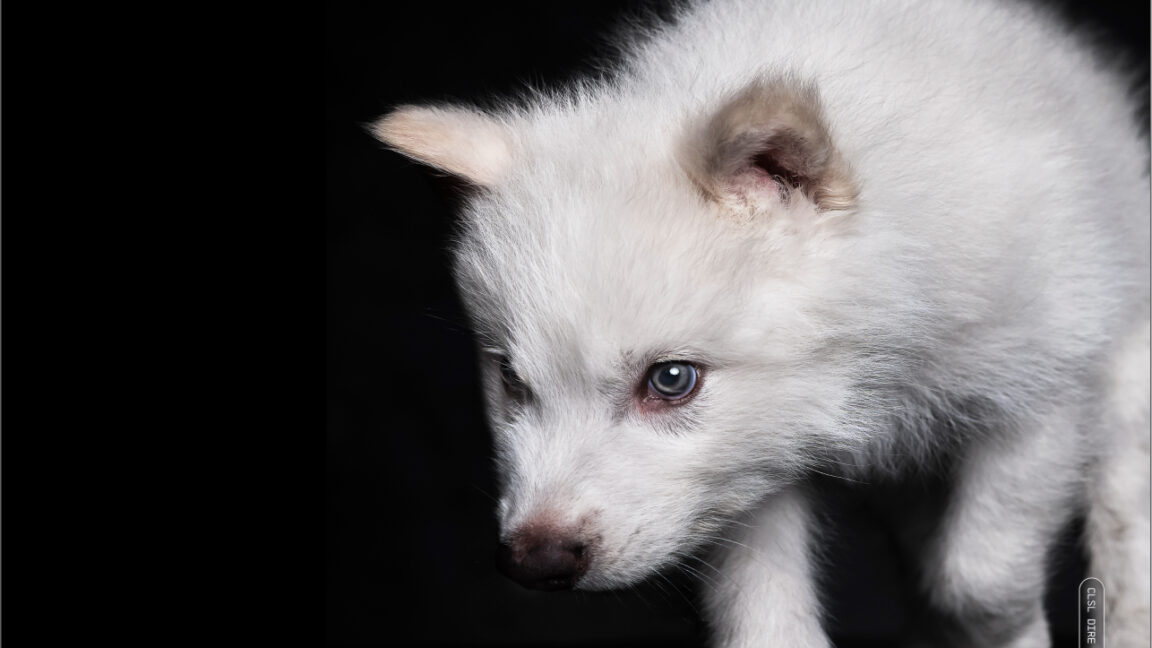Colossal's Groundbreaking De-Extinction: Dire Wolf Pups Introduced
Colossal has successfully birthed three genetically engineered dire wolf pups, reviving an extinct species and prompting discussions on the potential ecological implications.
Subscribe to unlock this story
We really don't like cutting you off, but you've reached your monthly limit. At just $3/month or $30/year, subscriptions are how we keep this project going. Start your free 7-day trial today!
Get Started
The last of these creatures, I learned, has already been made deëxtinct.
Inside the Lab Where Scientists Are Bringing Back Extinct Animals
 The New Yorker·11d·ReliableThis source consistently reports facts with minimal bias, demonstrating high-quality journalism and accuracy.LeftThis outlet favors left-wing views.
The New Yorker·11d·ReliableThis source consistently reports facts with minimal bias, demonstrating high-quality journalism and accuracy.LeftThis outlet favors left-wing views.
While this is being portrayed as the return of the dire wolf, these animals are primarily a variant of grey wolves, as many of the genetic changes that create their large size and pale coat already exist in some grey wolf populations.
De-extinction company announces that the dire wolf is back
 ARS Technica·11d·ReliableThis source consistently reports facts with minimal bias, demonstrating high-quality journalism and accuracy.CenterThis outlet is balanced or reflects centrist views.
ARS Technica·11d·ReliableThis source consistently reports facts with minimal bias, demonstrating high-quality journalism and accuracy.CenterThis outlet is balanced or reflects centrist views.
The dire wolf experiment is probably going to backfire in ways that cannot be foreseen in the immediate moment.
Scientists Play God Reviving Extinct Species. It’s Totally Not Going To Backfire
 Daily Caller·11d·Mixed ReliableThis source has a mixed track record—sometimes accurate but also prone to bias, sensationalism, or incomplete reporting.RightThis outlet favors right-wing views.
Daily Caller·11d·Mixed ReliableThis source has a mixed track record—sometimes accurate but also prone to bias, sensationalism, or incomplete reporting.RightThis outlet favors right-wing views.
Colossal shows "that our end-to-end (de-extinction) toolkit that we talked about with the mouse works, but now it's working with ancient DNA and it's been pretty incredible."
Dire wolf returns from extinction? Company reveals 'magic' it's using to bring back species
 USA TODAY·12d·ReliableThis source consistently reports facts with minimal bias, demonstrating high-quality journalism and accuracy.CenterThis outlet is balanced or reflects centrist views.
USA TODAY·12d·ReliableThis source consistently reports facts with minimal bias, demonstrating high-quality journalism and accuracy.CenterThis outlet is balanced or reflects centrist views.
Summary
Dallas-based biotech company Colossal has unveiled three genetically engineered dire wolf pups, marking the first success in its de-extinction initiative. By editing genes from grey wolves, the pups showcase traits reminiscent of their extinct ancestors, including size and coat color. While hailed as a significant breakthrough, experts note the new dire wolves possess many traits of grey wolves and may lack instinctual behaviors of their ancient relatives. As Colossal explores de-extinction technologies, ethical questions arise regarding the potential ecological roles these recreated species could occupy. The dire wolf, which went extinct around 13,000 years ago, remains a symbol of conservation efforts.
Perspectives
Colossal Biosciences has announced the successful 'de-extinction' of the dire wolf, leveraging advanced genetic technologies to edit the genomes of existing grey wolves, rather than recreating the species from scratch. This represents a significant milestone in the field of genetic engineering.
The new dire wolves, born from closely edited grey wolf genes, reflect a blend of ancient traits and modern characteristics, symbolizing a commitment to conservation and showcasing advancements in biotechnological methods.
The project not only highlights successful advancements in genetic engineering but also aims to raise awareness of the conservation of wolves, emphasizing their critical role in current ecosystems and the importance of biodiversity.
FAQs
No FAQs available for this story.
History
- 11d